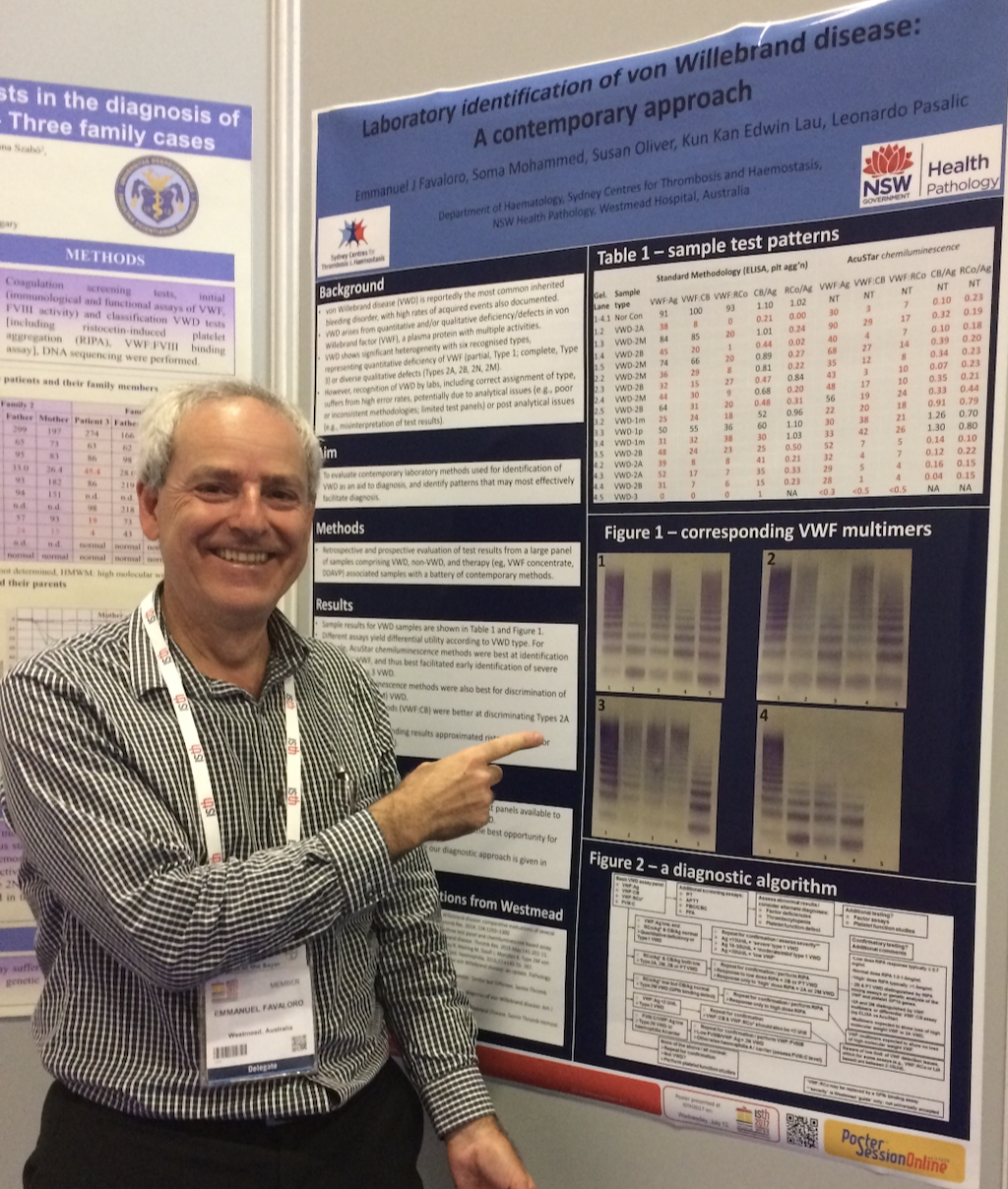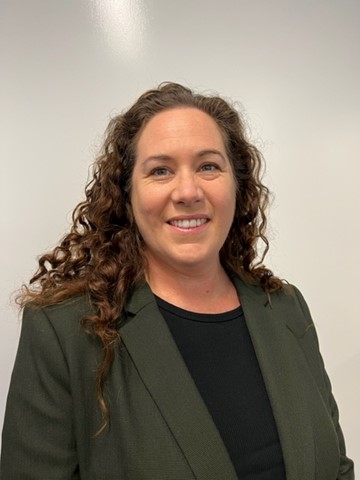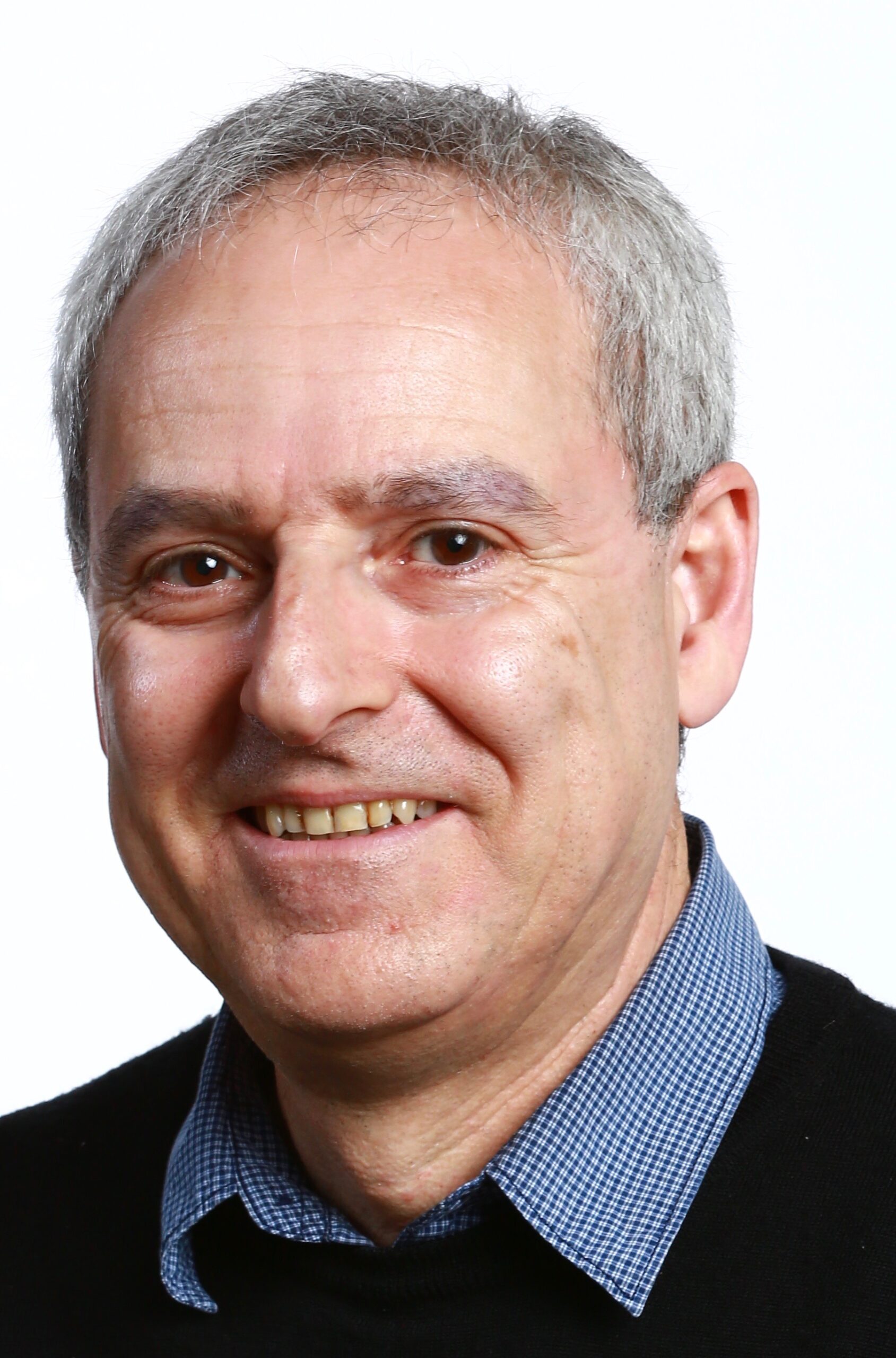Media Resources & Contact
In this story

We took some time to talk with one of our researchers about his life-changing work.
What’s your current role with NSW Health Pathology?
Principal Medical Scientist, NSW Health Pathology, Westmead ICPMR.
What’s your passion?
Improving laboratory-based diagnostics for diseases that cause bleeding or thrombosis.
What’s your area of expertise?
Haemostasis (that’s a fancy term for blood clotting) diagnostics.
How has your work helped patients?
On a personal level, some patients have been misdiagnosed with a disease they don’t have, and using the appropriate test approach we can ‘fix’ the wrong diagnosis. With the wrong diagnosis comes the wrong treatment. By fixing the diagnosis, we can improve their treatment.
What advice do you have for people new to research? Where can they start?
The most important things to get you started are:
- Find a good mentor, preferably within your organisation. Someone to offer guidance, support your growth, give feedback on your research progress, and suggest ways to overcome hurdles and challenges.
- Use resources available to you. Look up publications relevant to your expertise or interests to see what’s missing or can be improved. Discuss options with people in your field who are already doing research in your area.
- Learn and connect. Attend relevant meetings, forums, and conferences, locally or through professional organisations such as AIMS. Such events can offer great networking opportunities and expose you to the broader healthcare and research industry.
Most importantly – research should bring you joy and spark your curiosity. Find something you’re passionate about and your output will reflect this.
What research tools and resources can you suggest that will help early career researchers?
As part of the NSW Government public health service, our staff can access a variety resources. Many journals are available through the Clinical Information Access Portal (CIAP).
Check out our Research Services pages and, Local Health District intranets, and websites. There are a lot of web pages dedicated to research. Here are a few to get you started:
Find researchers working in your area of interest and open some communication channels with those experienced in research in your field.
What research are you working on at the moment?
These days, my research is essentially looking at the best way to diagnose blood clotting conditions. In other words, I analyse the work being done within NSW Health Pathology and elsewhere around the world to determine what works best.
I also work with the RCPAQAP (Royal College of Pathologists of Australasia Quality Assurance Program). Together, we assess what works best or doesn’t work very well.
This isn’t medical research in the traditional sense of clinical trials. Still, our research reflects the work we do in pathology, making it a valuable addition to standard performance of clinical diagnostics.
Are you ready to get started?
We’re ready to help you translate your research project into practice.
eResearchWithUs is our online research access request portal where you can apply for any of our services.


